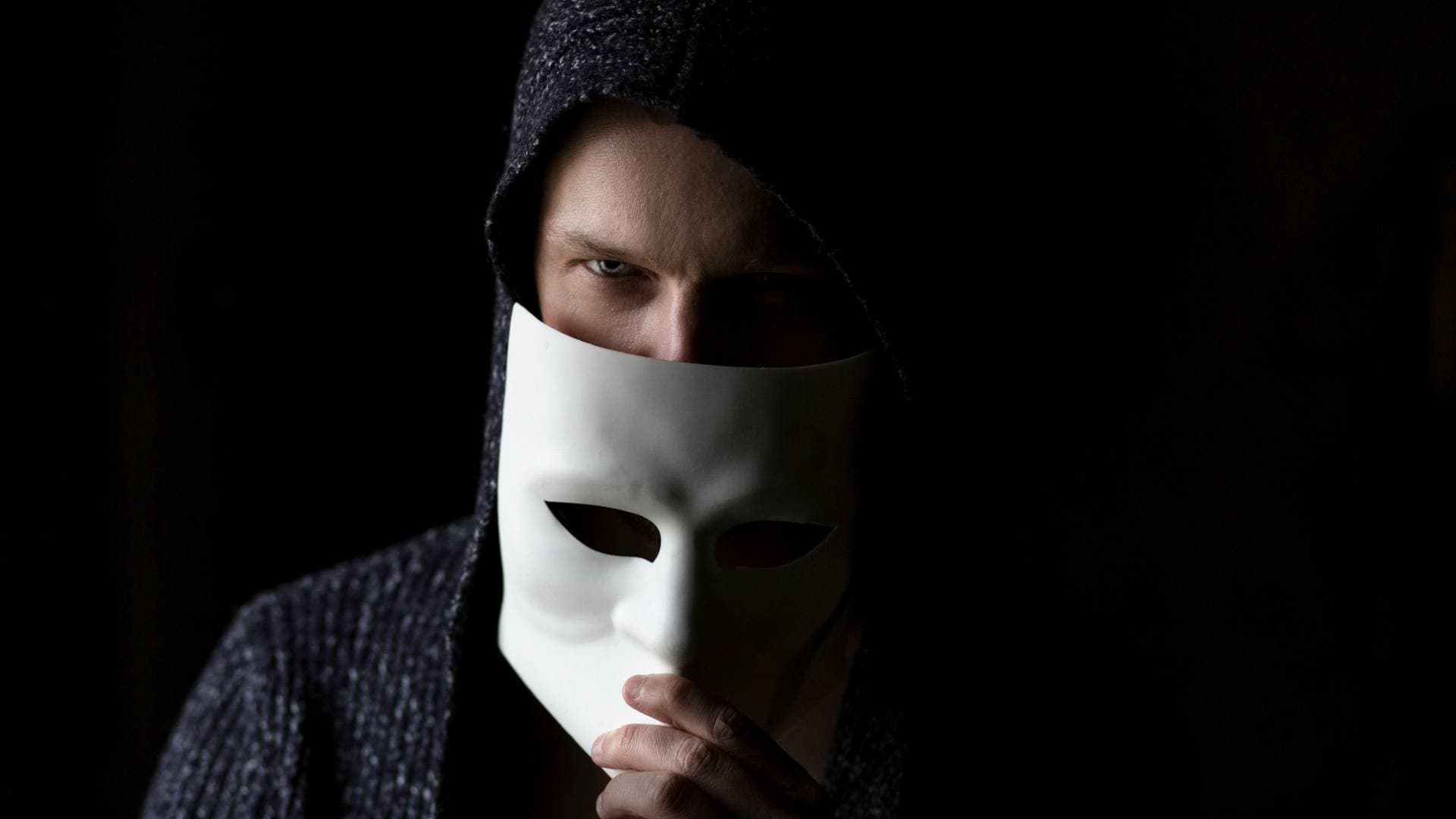Internet pranksters have been putting celebrities' heads on other people's bodies for ages, but until recently the results have never been convincing enough to fool anyone into thinking they're real. With the aid of AI, that's now changing, and the term 'deepfake' has been coined for extremely convincing videos, images, or audio clips showing people saying or doing things that they never actually did.
Not all deepfakes are bad - one of the most well-known positive examples is when David Beckham was shown to be speaking nine different languages in a video created by the Malaria Must Die campaign - but deepfake technology has the potential to be incredibly harmful.
We'd like you to brainstorm some potential ideas to combat the harmful use of deepfakes. Explain your thinking and eight of the most detailed submissions can earn $3 each!
Task: Explain how potentially harmful deepfakes can be combatted
Format: Written or video
How to submit a written entry:
Hit the 'submit to this bounty' button just below this description - do not use the reply button unless you just want to comment on the thread, as replies will not be counted as entries!
Add a written response and feel free to include images.
How to submit a video entry:
Create your video and post it to your connected TikTok, YouTube or Instagram account.
In your post description, please tag us! We're on YouTube, on Instagram, and on TikTok. We'd also love it if you included #JustAbout.
Hit the 'submit to this bounty' button just below this description - do not use the reply button unless you just want to comment on the thread, as replies will not be counted as entries!
Share a link to your post in the box that appears, then expand it so we can view the video on Just About.
Once the deadline closes, we’ll pick up to eight submissions, award $3 to each of the winners, and may share them as curated content.
Disclaimer: Geographical and age restrictions apply. Just About reserves the right to extend the bounty's duration. Please see our Terms of Use for more information on how bounties are created and rewarded on Just About. One reward available per member.
Take care not to breach copyright. Check our copyright policy before submitting.
Remember to link your social accounts before submitting multimedia assets!
Considering using AI to help? Think twice and first see our approach to AI content on Just About.
Image credit: Sander Sammy via Unsplash
Bounty Rewards
Reward closed
Created at . Page last updated at .
Deadline at .





